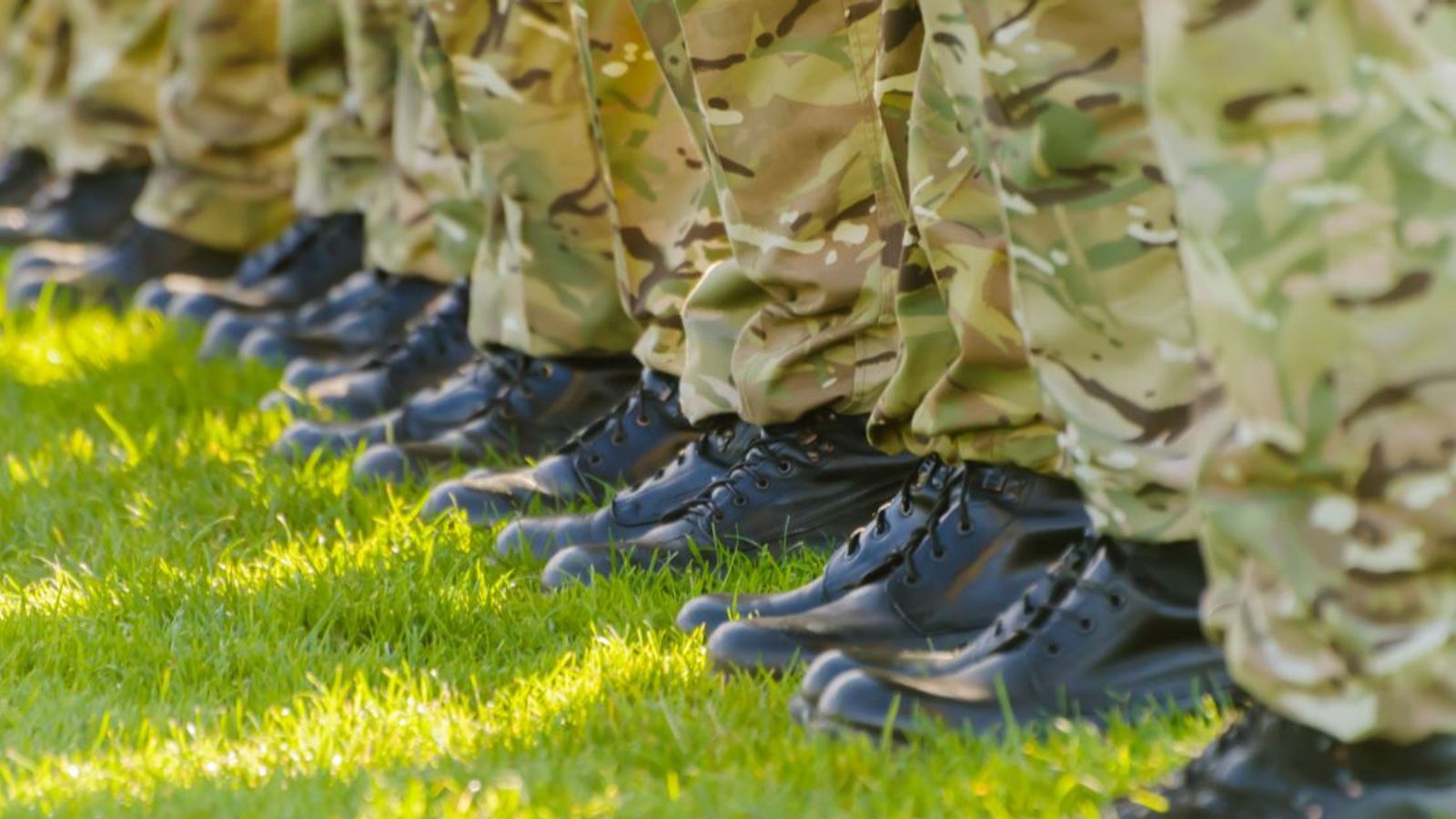A breakthrough in decoding brain signals could be the first step towards soldiers communicating without having to speak aloud during military operations.
New research has “successfully” separated brain signals that influence behaviour and actions from those that do not, according to the publication C4ISRNET, which covers emerging trends in military warfare technology.
Funded by the US Army Research Office, the study used an algorithm and complex mathematics to identify which brain signals were directing movement, or behaviour-relevant signals, and then were able to remove those signals from the other more stagnant brain signals unrelated to behaviour.
In the experiment, researchers monitored a monkey’s brain signals as it was repeatedly reaching for a ball.
“Here we’re not only measuring signals, but we’re interpreting them,” Hamid Krim, a programme manager from the Army Research Office, told the outlet.
Researchers are keen to further develop their findings to the point a machine could provide feedback to soldier’s brains, giving them the opportunity to take “corrective action” before something happens – a feature that could one day protect the health of service people.
One example of this is the machine calculating whether a soldier’s brain is stressed or tired – before the brain sends the signals that makes them aware that they are, so they can take a break without overtiring.
Mr Krim said that the only limit to the possibilities “is the imagination”.
He added that, building on the findings, another potential benefit to the military could be that the brain and computers communicate through the brain signals – allowing soldiers to silently talk through their brainwaves while in the field.
Mr Krim said that, in the field, you could have two people talking to each other without “even whispering a word”.
He said: “So you and I are out there in the theatre and we have to… talk about something that we’re confronting.
“I basically talked to my computer – your computer can be in your pocket, it can be your mobile phone or whatever – and that computer talks to… your teammate’s computer.
“And then his or her computer is going to talk to your teammate.”
However, Mr Krim said he thought the development was “likely decades away”.
